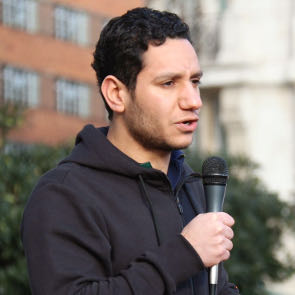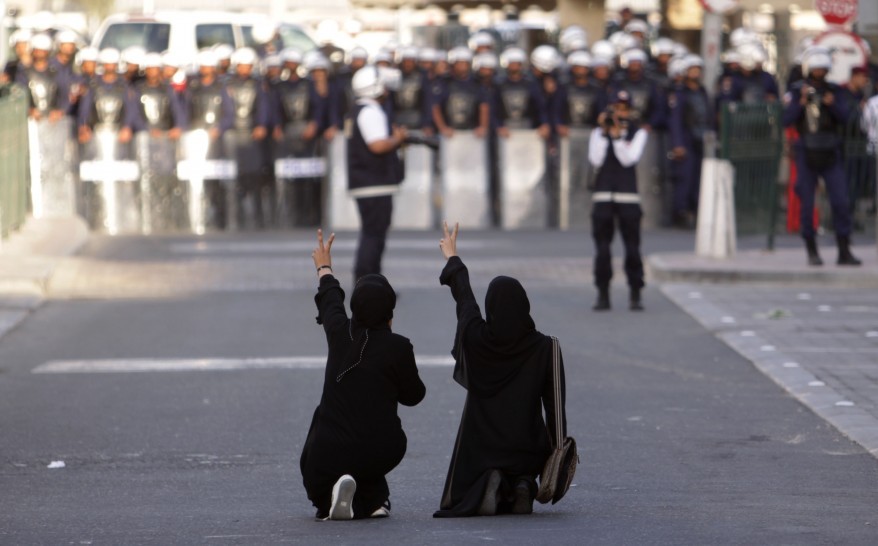
Sayed Ahmed al-Wadaei
Sayed Ahmed al-Wadaei is the advocacy director of the UK-based Bahrain Institute for Democracy and Human Rights. Sayed was involved in the 2011 anti-government protests at Pearl Roundabout in Manama and was severely beaten when security forces stormed the roundabout on February 17. In July 2012, he left Bahrain for the UK where the courts granted him political asylum. He has been a prominent critic of the Bahraini government's human rights abuses. In January 2015, he was among a group of 72 Bahrainis whose citizenship the authorities revoked.
Bahraini authorities have targeted Sayed's family because of his work. In October 2016, Sayed's wife and infant son were detained in Bahrain International Airport for seven hours, ill-treated and interrogated after he attended a protest in London that same day. They were only able to leave following international pressure.
In March 2017, Sayed's brother-in-law Nizar Sayed Nimaa Alwadaei and mother-in-law Hajar Mansoor Hassan were arrested, tortured and interrogated about his human rights work. They remain in detention, and are currently being prosecuted on terrorism charges. Despite the prosecution finding no forensic evidence linking them to the crime they are accused of committing, they remain in detention without bail.

